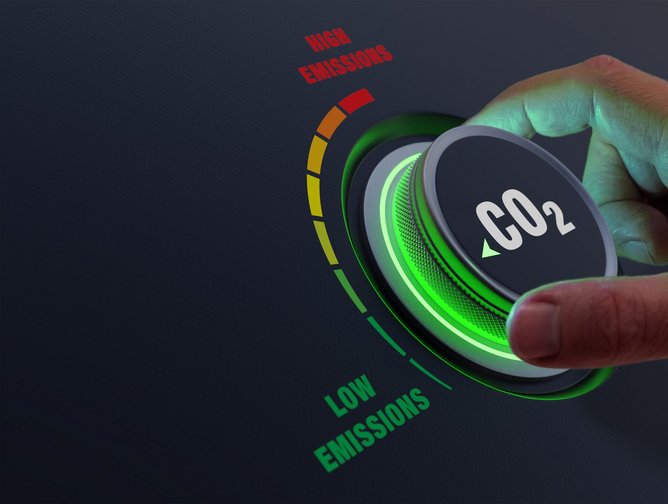Google tool helps to reduce cloud computing carbon footprint

In 2021, analysis of aggregate data from customers across Google Cloud highlighted over 600,000 gross kgCO2e in what appeared to be idle tasks and projects that could instead be streamlined, removed or reclaimed.
Evidence suggests that, in terms of the fight against climate change, cleaning up this volume of idle projects would incur an effect similar to that of planting 10,000 trees – and this is where Google Cloud’s AIOps solution, Active Assist, comes in with its brand-new, sustainability-aligned feature.
Utilising data, intelligence and machine learning, Active Assist already has a full suite of products and tools that help to reduce cloud complexity and administrative toil, whilst also advancing your operational goals.
A recent feature update, however, focuses instead on sustainability targets and reducing individual carbon footprints associated with cloud computing. The idea is that it helps users identify if any of their projects are contributing to the volume of idle ones so that they can optimise usage and reduce their carbon emissions.

Making ‘Carbon Sense’ of cloud computing’s carbon footprint
Digital sustainability credentials are a hot topic at the moment, particularly in the wake of pandemic-induced homeworking increasing the volume of information being stored via the cloud storage. Unsurprisingly, then, 90% of global IT leaders consider increasing the sustainability of digital technology a key priority in the coming months and years.
The holding of information, tasks, and projects on cloud storage capabilities increases CO2 emissions, due to the vast power resources required to run the data centres.
So, the more information being stored on the cloud – whether active or inactive – the more space that is needed to continue storing information and, as a result, the more carbon that is then produced from powering the data centres.
Active Assist’s new feature, Unattended Project Recommender, allows the estimation of the carbon emissions resulting from given projects, as well as estimations of personal gross carbon emission savings that removing idle projects can lead to.
Using machine learning, the feature identifies the tasks that are idle and potentially unattended so that they can be cleaned up or removed, reducing unnecessary carbon emissions.






